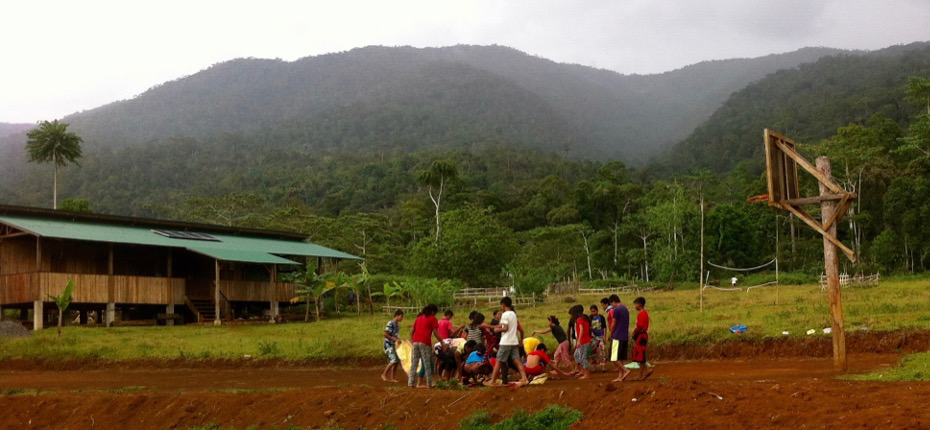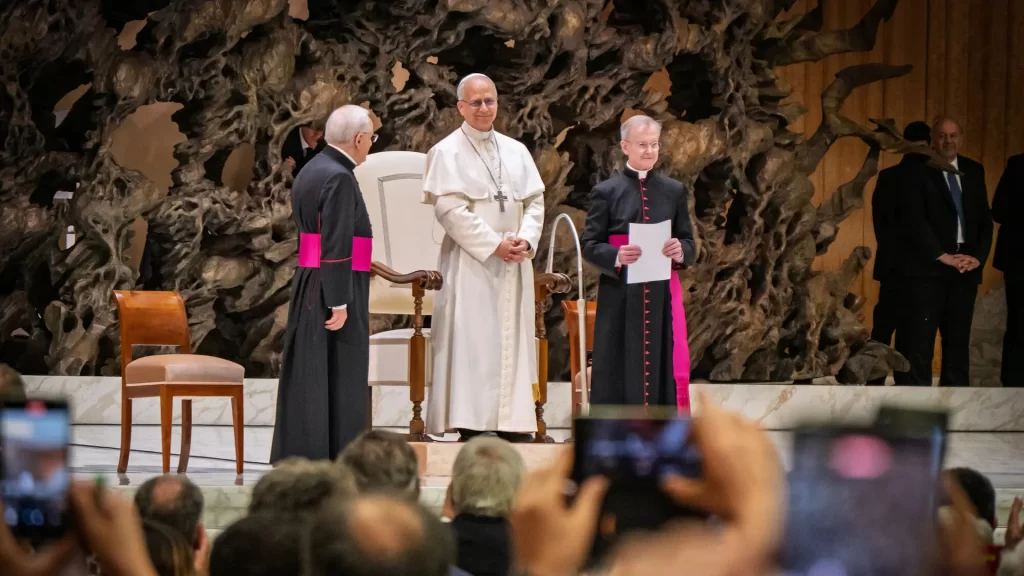
The Holy Father asks that we join with Patriarch Bartholomew of the Orthodox Church and other Christian Churches and communities in the celebration of Creation and the Season of Creation from September 1 to October 4, the Feast of St Francis of Assisi, each year. It will take time to catch on and get into Church calendars and ordos, but the sentiments are in line with the questions of the times. As Pope Francis says in his message for the Celebration of the World Day of Prayer for the Care of Creation on September 1: “2015 was the warmest year on record, and 2016 will likely be warmer still.” In this recent letter, the Holy Father renews his “dialogue with ‘every person on this planet’ (Laudato si’, 3) about the suffering of the poor and devastation of the environment.”

In this Jubilee Year of Mercy, the Holy Father asks us to show mercy to our common home. He presents it under five themes and ends with a prayer. (1) The earth cries out as do the poor (Ls’ 49). (2) … for we have sinned and are called to a deep conversion. (3) An examination of conscience and repentance is called for, given the distorted culture of prosperity, with self-sacrifice and good works (Ls’ 220). In his address to the Second World Meeting of Popular Movements in Bolivia in 2015, he says we are participants in a system that has imposed “the mentality of profit at any price, with no concern for the social exclusion or the destruction of nature.” (4) A firm purpose of amendment is needed by all in changing course, and he speaks of the Sustainable Development Goals as part of the needed consensus. (5) There are seven corporal and seven spiritual works of mercy, but if we look at the works of mercy as a whole, we see that the objective of mercy is human life itself and everything it embraces.
There is a new work of mercy. As a spiritual work of mercy, care for our common home calls for a grateful contemplation of God’s world (Ls’ 214)… and as a corporal work of mercy, it requires “simple daily gestures which break the logic of violence, exploitation and selfishness and makes itself felt in every action that seeks to build a better world” (Ls’ 230-31).
I have celebrated with the youth and community in the village of Bendum, Mindanao on different occasions this month the “Season of Creation” and when I shared how the Holy Father spoke of ‘“causing changes in its climate, by stripping the earth of its natural forests and destroying its wetlands’,” it really felt for a moment that he actually knew of our circumstances along the Pantaron Mountains and Pulangi River down to the Liguwasan Marsh!
As Pope Francis says, “For human beings to contaminate the earth’s waters, its land, its air and its life – these are sins.”
“God of mercy, may we receive your forgiveness and convey your mercy throughout our common home. Praise be to you! Amen.”
Fr Pedro Walpole, Coordinator for Reconciliation with Creation, Jesuit Conference of Asia Pacific






